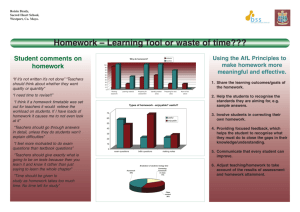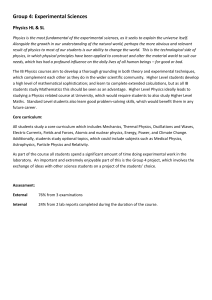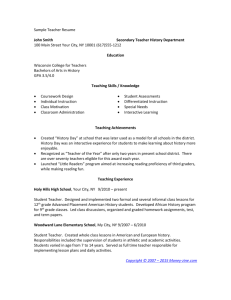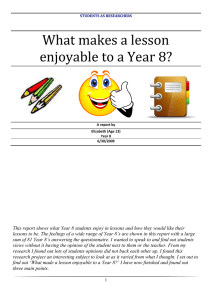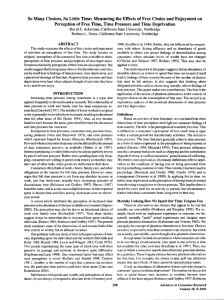Guidelines for Reading at Home
advertisement
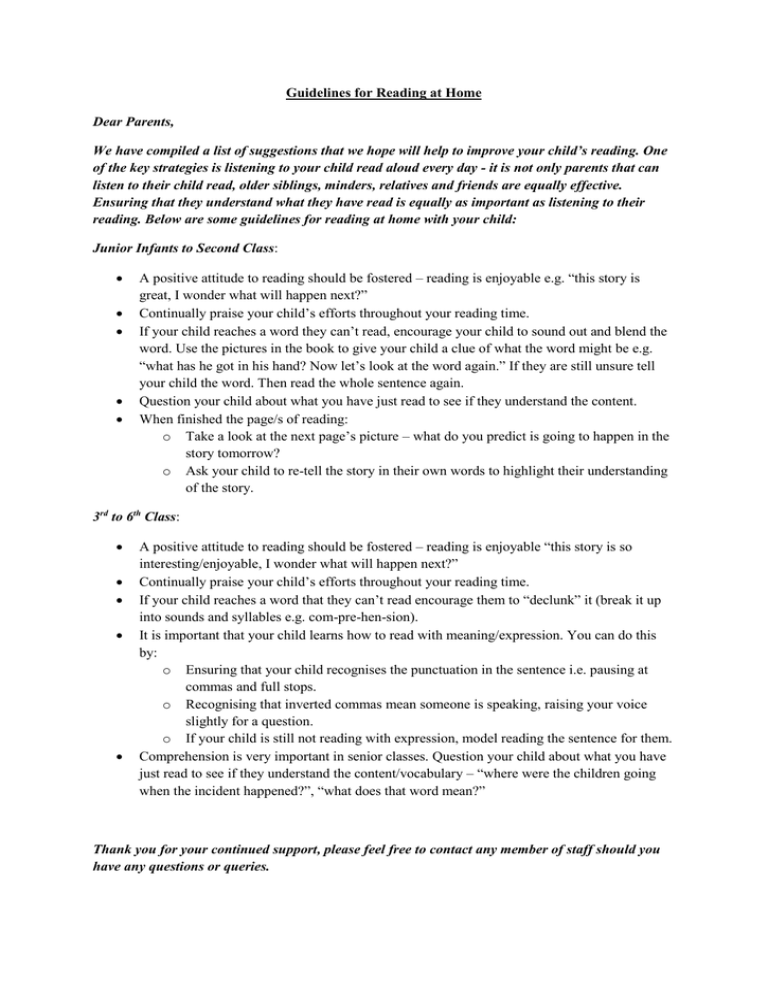
Guidelines for Reading at Home Dear Parents, We have compiled a list of suggestions that we hope will help to improve your child’s reading. One of the key strategies is listening to your child read aloud every day - it is not only parents that can listen to their child read, older siblings, minders, relatives and friends are equally effective. Ensuring that they understand what they have read is equally as important as listening to their reading. Below are some guidelines for reading at home with your child: Junior Infants to Second Class: A positive attitude to reading should be fostered – reading is enjoyable e.g. “this story is great, I wonder what will happen next?” Continually praise your child’s efforts throughout your reading time. If your child reaches a word they can’t read, encourage your child to sound out and blend the word. Use the pictures in the book to give your child a clue of what the word might be e.g. “what has he got in his hand? Now let’s look at the word again.” If they are still unsure tell your child the word. Then read the whole sentence again. Question your child about what you have just read to see if they understand the content. When finished the page/s of reading: o Take a look at the next page’s picture – what do you predict is going to happen in the story tomorrow? o Ask your child to re-tell the story in their own words to highlight their understanding of the story. 3rd to 6th Class: A positive attitude to reading should be fostered – reading is enjoyable “this story is so interesting/enjoyable, I wonder what will happen next?” Continually praise your child’s efforts throughout your reading time. If your child reaches a word that they can’t read encourage them to “declunk” it (break it up into sounds and syllables e.g. com-pre-hen-sion). It is important that your child learns how to read with meaning/expression. You can do this by: o Ensuring that your child recognises the punctuation in the sentence i.e. pausing at commas and full stops. o Recognising that inverted commas mean someone is speaking, raising your voice slightly for a question. o If your child is still not reading with expression, model reading the sentence for them. Comprehension is very important in senior classes. Question your child about what you have just read to see if they understand the content/vocabulary – “where were the children going when the incident happened?”, “what does that word mean?” Thank you for your continued support, please feel free to contact any member of staff should you have any questions or queries.
